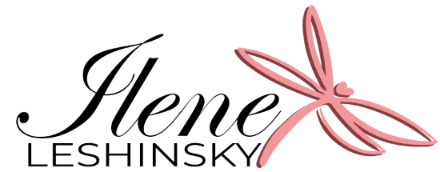
Learning To Be Happy
- On October 2, 2017
- By admin
- Comments Off on Learning To Be Happy
I have a client who says to me every now and again, “I wish I had your life. You always seem so happy.” I smile and think about some of the “discussion” I have had with my husband or that the cost of medical attention for our animals is putting my vet in a higher tax bracket or how irritated I get with littlest of things. But I think I know what she means. I have an open face. I smile a lot, and I tend to have a positive, optimistic view of life. I wasn’t always like this, however. Childhood set the stage for unhappiness and obesity. (I was prescribed diet pills in the fourth grade.) And I learned by watching my parents that life was a struggle.) I took this lesson into adolescence and early adulthood.
However, in my mid-thirties, after a failed marriage and some career disappointments, I started to explore what were then called “New Age” approaches to life. I developed affirmations and said them religiously. I creatively visualized the life I wanted to have. I made vision board collages with pictures and phrases that represented, to me, a life worth living. I look back now and realize that at that time I was making a decision, conscious or unconscious, to change my view of life, to turn my mind toward happiness and fulfillment. I was transforming my inner environment so that my outer one could manifest differently.
In 1995, Sarah Ban Breathnach wrote Simple Abundance in which she explored the little things that we can do each and every day to be happy. One of her exercises was to create a “gratitude list”, to enumerate 10 things we are grateful for each day. Oprah popularized this practice and for a while, much of the female population of this country was doing daily gratitude lists. It’s a worthwhile practice and takes only a few minutes to change our inner states. “I am grateful for the sunshine on my face; kisses from my dog; this morning’s beautiful sunrise; the love of my husband…” Are any of us still making our lists?
So often we think about and dwell on all of the things in our lives that are bad, not right, that make us unhappy. Have you ever noticed how your body feels when you are immersed in the negative? Mine feels heavy, weighted down, and I feel depressed. In his book, Peace Is Every Step: The Path of Mindfulness in Everyday Life, Thich Nhat Hanh has a mindfulness meditation called, “What’s Not Wrong?”. In this three minute meditation he asks us to turn our minds to what’s not wrong, or what’s right in our lives, including the oft taken for granted, but life giving act of breathing. How revolutionary! To meditate on the simple, yet profound gifts that life offers us each day. My clients notice a marked change in their bodies after this meditation. They report feeling lighter (not so terrible for those of us with weight and body image issues), happier, and more optimistic. And… this is consistent with what we now know about what happens to the brain when we think happy thoughts, rather than negative one.
“Is there a biological dimension to happiness?” asks one of the Harvard Medical School Special Health Reports on Positive Psychology (2009). Yes, states the report! Brain chemistry is changed by positive emotions. Researchers have known since the 1950’s about the “pleasure center” in the brain and the associated brain chemicals of dopamine, a neurotransmitter, and the opiate-like endorphins (triggered by chocolate and exercise), both associated with feelings of happiness and serenity. PET scans and fMRI’s have allowed us to observe that positive and negative emotions activate different parts of the brain. So there is now scientific evidence underscoring the importance of changing our negative thoughts (which produce negative feelings and behaviors) into positive ones.
So I’m off for my run with my dog, during which time I will be saying my affirmations and being grateful for the sunshine on my face. And when I meet with my client later today and she remarks about wanting my life, I will say, “I have learned to be happy!”

